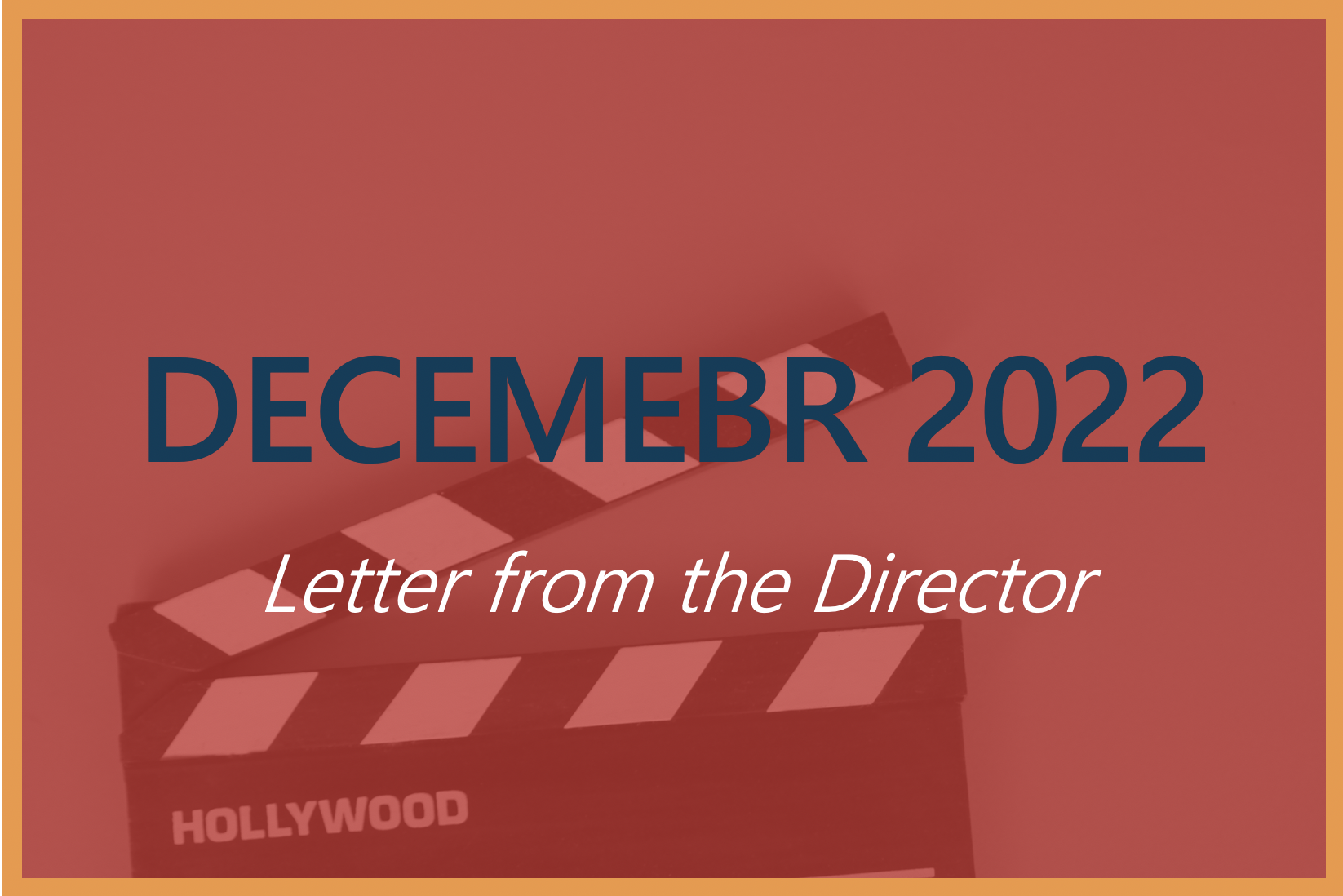This month's newsletter is written by guest author Marjanna Smith. Ms. Smith is an MPH student of Epidemiology at The George Washington University Milken Institute School of Public Health. She has thoroughly enjoyed her time as a research assistant with STOP Obesity Alliance and would like to thank Dr. Bill Dietz and Ms. Christine Gallagher for their guidance throughout her experience.
The recently premiered film The Whale*, starring Brendan Fraser and directed by Darren Aronofsky, is as complex and nuanced as the discussions the film has sparked. The movie centers on Charlie, an English teacher living with severe obesity, as he attempts to reconnect with his estranged teenage daughter. The movie tackles a variety of emotionally laden topics, including depression, grief, and the struggle to reconcile one’s homosexuality with their religion. But the most unique element of the story is its representation of a person living with obesity. Historically, the portrayal of obesity in the media has been overwhelmingly negative. In mainstream media, we rarely see individuals living with obesity – and on the rare occasions that we do see them, they are being exploited for either dramatic or comedic purposes. Whether it is a reality show focusing on the struggles of individuals living with obesity, or a movie that features an actor wearing a fat suit who engages in slapstick humor and is ridiculed for their size, such media clearly reflect and have contributed to the stigmatization of obesity.
The Whale’s representation of obesity is exemplary for several reasons. Most importantly, the film’s creators put time and care into ensuring that Charlie’s story was portrayed with dignity and respect. Producers of the film reached out to members of the Obesity Action Coalition (OAC) to ask for their thoughts on the title and content of the film during its production. Jason Krynicki, a Bariatric Support Leader and member of the OAC, had the opportunity to meet with lead actor Brendan Fraser and to share his story of living with obesity. Fraser was receptive to his story and expressed a sense of honor at the opportunity to portray such a story on screen. The producers even incorporated Krynicki’s experience with overeating and binging by adding a scene to the movie to portray this experience. Krynicki believes that the movie will encourage conversations about obesity as a disease that needs to be treated and taken seriously by healthcare providers, the portrayal of individuals living with obesity by the media, and the importance of treating individuals living with obesity with humility. For Krynicki, the most important message from the movie is that when it comes to individuals who are living with obesity, “We’re human beings, and we should be treated just like anybody else.”
As with any media that portrays an underrepresented group, The Whale has garnered mixed reviews. While some viewers feel hopeful that the film will help humanize individuals living with obesity, others are less optimistic. In various film reviews and opinion pieces, journalists are calling the film fatphobic, inhumane, and voyeuristic. They take issue with the casting of an actor without the experience of living with obesity and the use of prosthetics to portray obesity. Representation in the media is a complicated issue for every marginalized group, and ultimately, a single movie is not going to solve everything. But we can hope that with each new portrayal of people living with obesity, the stories will be handled intentionally and tactfully, and will contribute to a greater breadth of diverse representation that reflects the individuality of the human experience.
*Please note that The Whale may be challenging for many who live with severe obesity or suffer from binge eating disorder to view. Please take this trigger warning seriously.
We would like to acknowledge Jason Krynicki for his contribution to this month’s newsletter.
Thanks,
Marjanna Smith
Marjanna Smith, BS
GW Milken Institute School of Public Health MPH Candidate
GW Milken Institute School of Public Health '21
marjanna_smith![]() gwu [dot] edu (marjanna_smith[at]gwu[dot]edu)
gwu [dot] edu (marjanna_smith[at]gwu[dot]edu)



